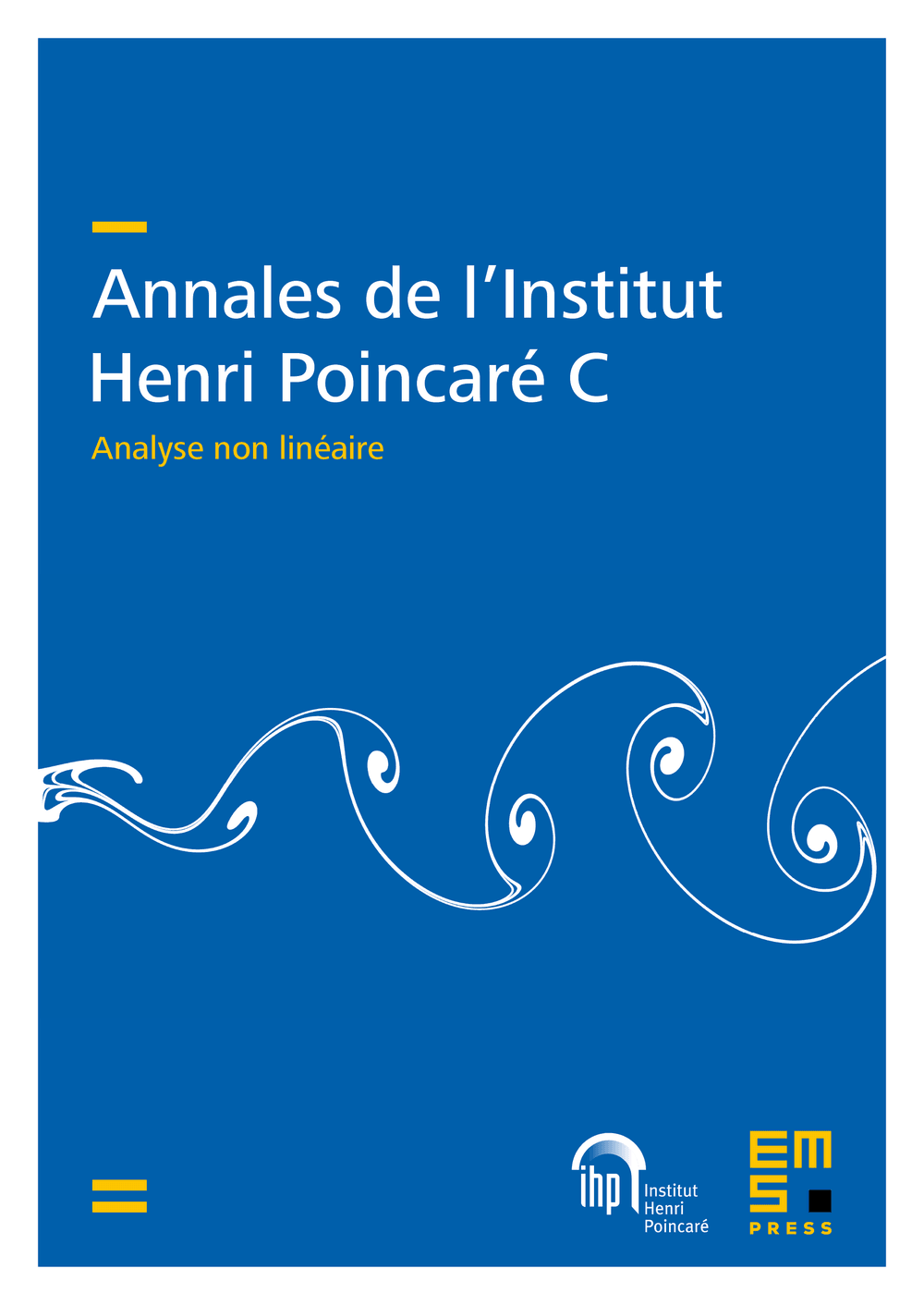Fine properties of solutions to the Cauchy problem for a fast diffusion equation with Caffarelli–Kohn–Nirenberg weights
Matteo Bonforte
Universidad Autónoma de Madrid, SpainNikita Simonov
University of Paris-Saclay; and Université d’Évry, Évry-Courcouronnes, France

Abstract
We investigate fine global properties of nonnegative, integrable solutions to the Cauchy problem for the fast diffusion equation with weights (WFDE) posed on , with , in the so-called good fast diffusion range , within the range of parameters which is optimal for the validity of the so-called Caffarelli–Kohn–Nirenberg inequalities.
It is natural to ask in which sense such solutions behave like the Barenblatt (fundamental solution): for instance, asymptotic convergence, i.e. , is well known for all , while only a few partial results tackle a finer analysis of the tail behaviour. We characterize the maximal set of data that produces solutions which are pointwise trapped between two Barenblatt (global Harnack principle), and uniformly converge in relative error (UREC), i.e. . Such a characterization is in terms of an integral condition on .
To the best of our knowledge, analogous issues for the linear heat equation, , do not possess such clear answers, but only partial results. Our characterization is also new for the classical, nonweighted FDE. We are able to provide minimal rates of convergence to in different norms. Such rates are almost optimal in the nonweighted case, and become optimal for radial solutions. To complete the panorama, we show that solutions with data in , preserve the same “fat” spatial tail for all times, hence UREC fails and , even if .
Cite this article
Matteo Bonforte, Nikita Simonov, Fine properties of solutions to the Cauchy problem for a fast diffusion equation with Caffarelli–Kohn–Nirenberg weights. Ann. Inst. H. Poincaré Anal. Non Linéaire 40 (2023), no. 1, pp. 1–59
DOI 10.4171/AIHPC/42